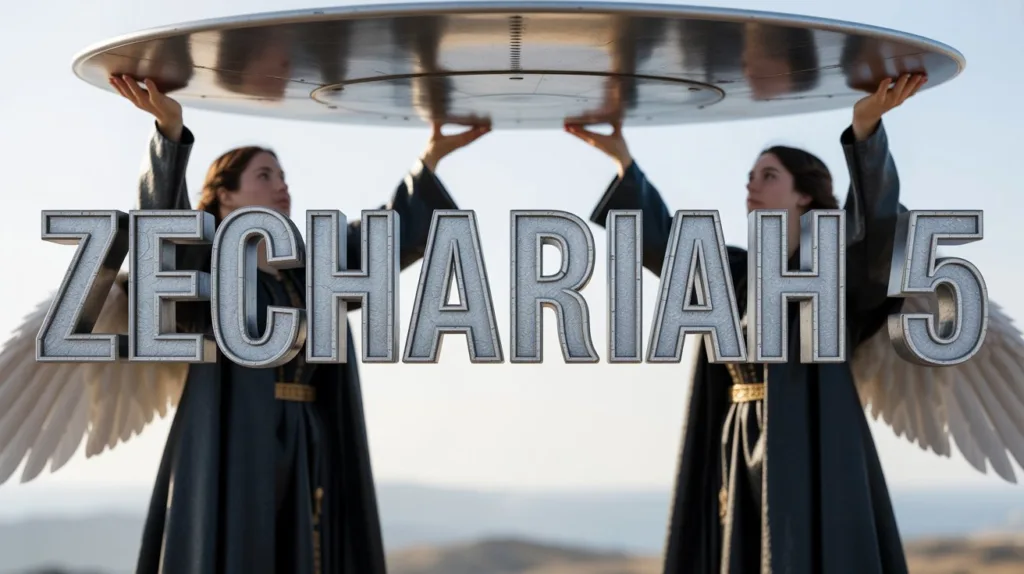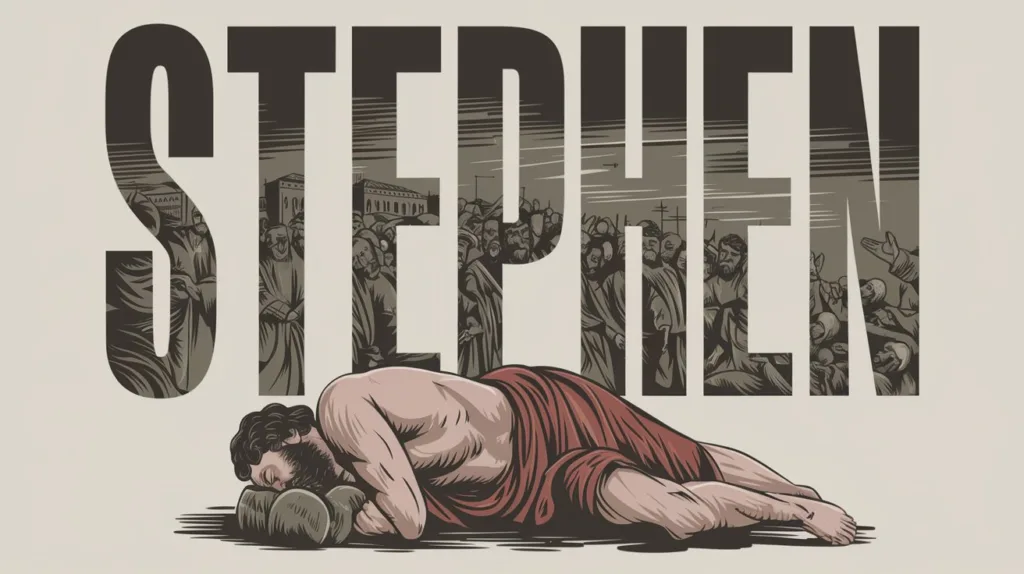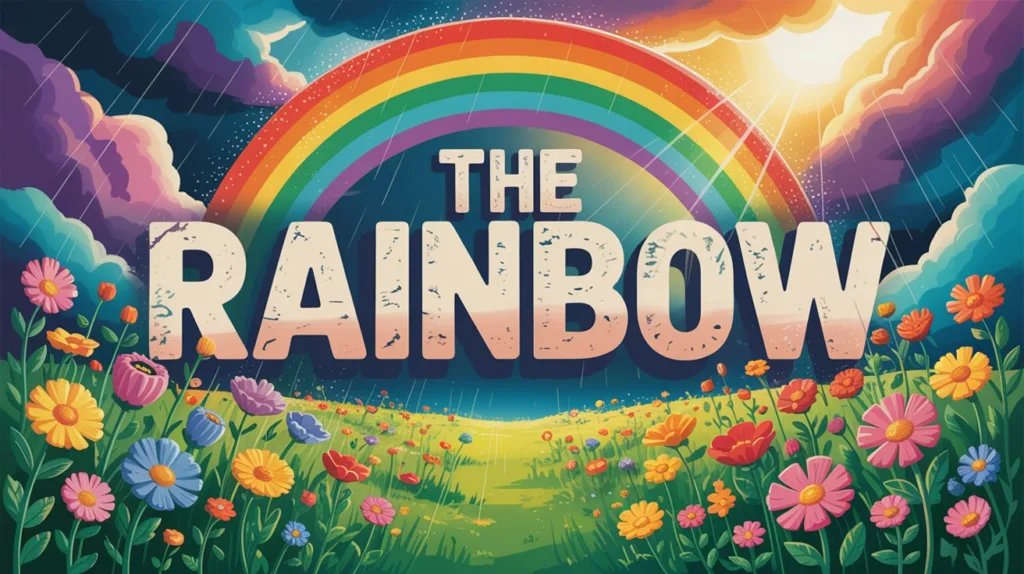Communion, also called the Lord’s Supper, is a command given by Jesus to His followers to remember His death, anticipate His return, and affirm their unity in Him. It was instituted during the Passover meal the night before Jesus was crucified:
“And as they were eating, Jesus took bread, blessed and broke it, and gave it to the disciples and said, ‘Take, eat; this is My body.’ Then He took the cup, and gave thanks, and gave it to them, saying, ‘Drink from it, all of you. For this is My blood of the new covenant, which is shed for many for the remission of sins.'” (Matthew 26:26–28)
The bread represents Christ’s body, broken for us. The cup represents His blood, shed for the forgiveness of sins. Communion is not a re-sacrifice of Christ but a remembrance of the one perfect offering He made:
“For as often as you eat this bread and drink this cup, you proclaim the Lord’s death till He comes.” (1 Corinthians 11:26)
Paul emphasized the seriousness of communion and the need for self-examination:
“Therefore whoever eats this bread or drinks this cup of the Lord in an unworthy manner will be guilty of the body and blood of the Lord. But let a man examine himself…” (1 Corinthians 11:27–28)
Communion unites believers in their shared faith in the gospel:
“For we, though many, are one bread and one body; for we all partake of that one bread.” (1 Corinthians 10:17)
It is a solemn yet joyful act of worship, reminding us of Christ’s sacrifice, the New Covenant, and our hope in His return. It is not to be taken lightly, nor is it optional for the believer. It is a direct command from the Lord:
“Do this in remembrance of Me.” (Luke 22:19)
Communion reflects the foundation of the Christian faith: Christ crucified, risen, and returning. It is a physical act that points to spiritual truths: forgiveness, unity, and eternal life in Him.





 Get the book that teaches you how to evangelize and disarm doctrines from every single major cult group today.
Get the book that teaches you how to evangelize and disarm doctrines from every single major cult group today.